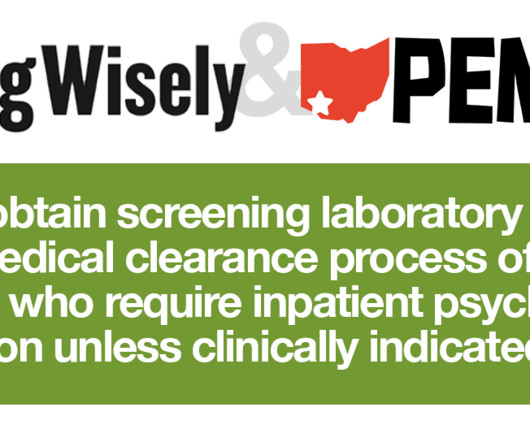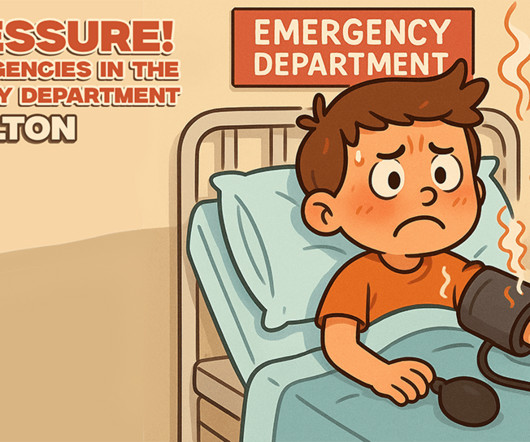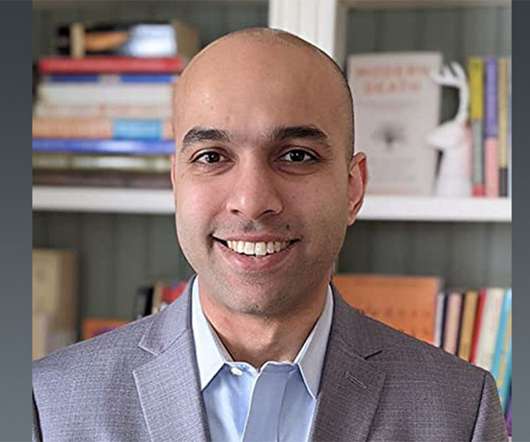Working Out – Dan Minter
The Clinical Problem Solvers
SEPTEMBER 28, 2019
If you’re anything like me, you’ve probably found yourself asking that question after listening to a discussant on the podcast arrive at some unexpected diagnosis, only to have the biopsy or lab test prove them right. Now, if you’ll excuse me, I’ve got to get back to my morning clinical reasoning “work out”.













Let's personalize your content